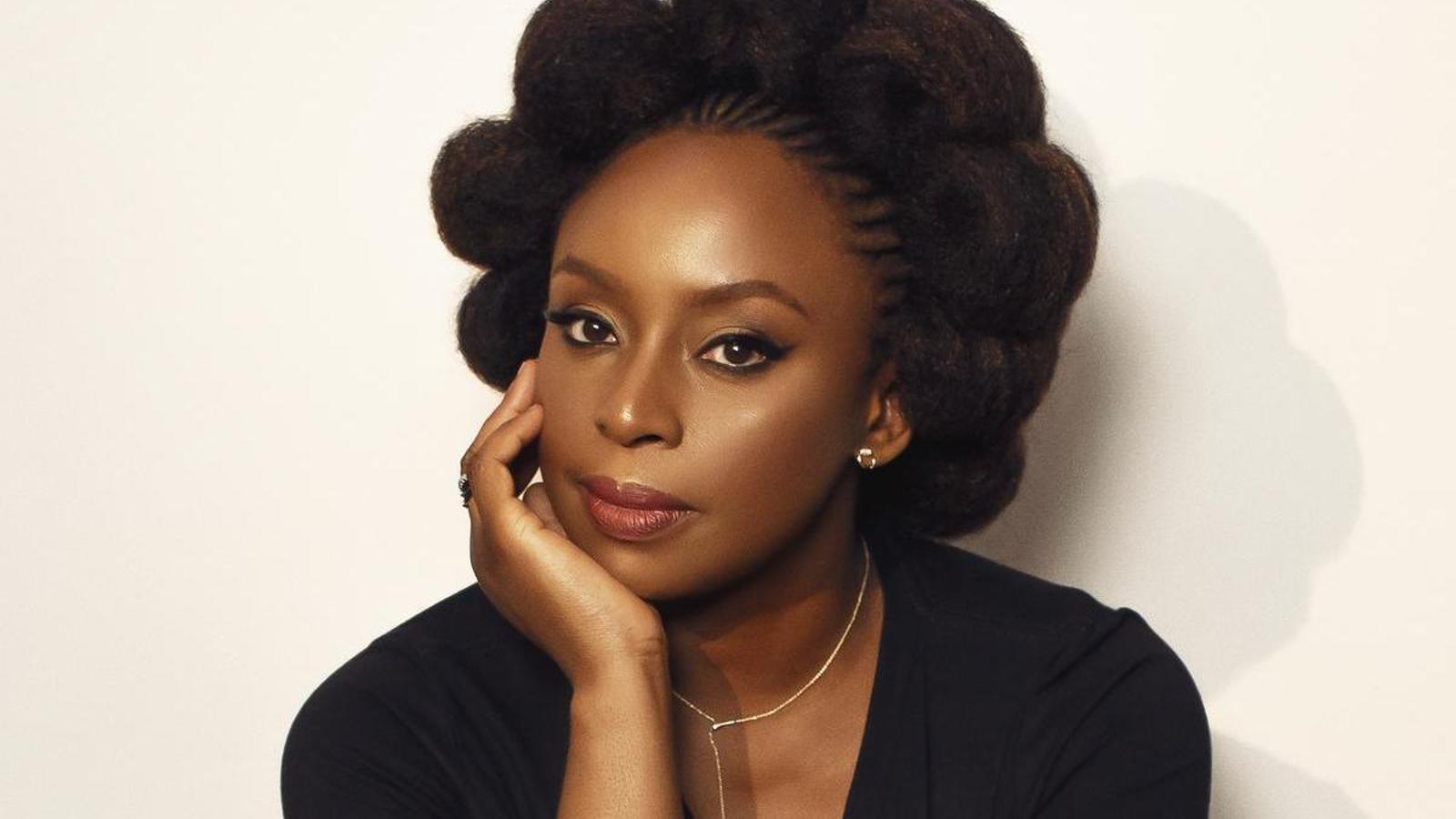"I had many certainties until my parents died."
Chimamanda Ngozi Adichie presents 'The Dream Counter', her first published novel in twelve years.


BarcelonaBetween the publication ofAmericanah and The dream counter Twelve years have passed, during which Chimamanda Ngozi Adichie (Enugu, 1977) has become, in addition to a well-known writer, a world reference for feminism since the TEDx conference Everyone should be a feminist (2014). It has been so at least until the month of March when, coinciding with the appearance of the new novel, translated into Catalan by Anna Puente and published in Fanbooks, the writer declared to The Irish Times who had opted for surrogacy of twins in her second pregnancy, something she has spoken about on subsequent occasions: "Although it is a personal issue, I have spoken about it so that mothers who have not followed traditional paths feel less stigmatized," she declared in May to Premium Times from Nigeria, the country where she grew up until, at the age of 19, she left for the United States to study at Drexel University in Philadelphia.
At the online press conference organized by Penguin Random House for the Spanish translation of the novel, Ngozi Adichie did not address the most controversial issue that has plagued her in recent months, not because she avoided it, but because the question was omitted by the publisher, who was the one who asked.
"I have the feeling that The dream counter “It’s the first novel I’ve written as an adult woman,” she said. “For the last decade, I’ve been a mother and I’ve been left without parents. In both cases, it was sudden and in a very short time: the father died in 2020, during the first days of the COVID-19 pandemic, and the mother just a year later. Both were very important to me, and sometimes I think their spirits helped me write it.” The author assures that mourning has taught her many things: “About myself, but also about what it means to be human,” she added. “I had many certainties until my parents died.”
The four women who star in the novel The dream counter They find themselves at different crossroads in life, though they share their creator's lifelong insecurity. There's Chiamaka, a travel writer whose pandemic isolation has taken its toll; Zikora, a successful lawyer who eventually goes through with another pregnancy even though her father doesn't want to know; Omelogor, a graduate student in the United States after making a fortune in the Nigerian financial world; and, finally, Kadiatou, Chiamaka's domestic worker who also cleans hotel rooms until she is sexually assaulted, in a case inspired by that of Dominique Strauss-Kahn. "In 2011, I followed that case closely, and it ended up hurting me," she recalls. "In Nigeria, if you're a lower-class woman working in a hotel and a powerful man attacks you, the police will never arrest him. In the United States, the attack was questioned by saying that the victim had reported herself because, in reality, she was looking, in reality, she was looking... in her past. If it wasn't an angel, she's criticized anyway.
With her novels, Chimamanda Ngozi Adichie aims "to detail the complexities and contradictions of women." She also aims to "talk about their bodies in a direct and unashamed way." "In the United States, there are more books about baseball than about women's lives," she has said. "If this trend were reversed, perhaps we would understand each other better." During the writing ofThe dream counterThe author has realized "that love is increasingly important." "Tomorrow we could lose the one we love: it's important to take advantage of time," she warned. "I also realized that forgiveness is an important part of love. Seeking perfection in others isn't as important as they say."
